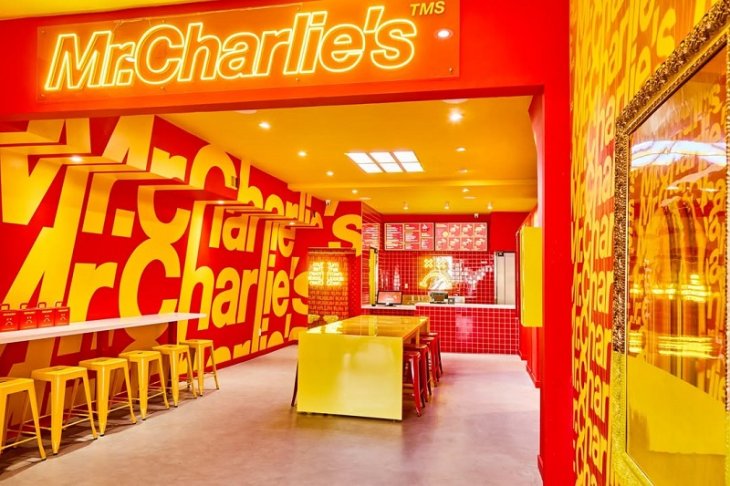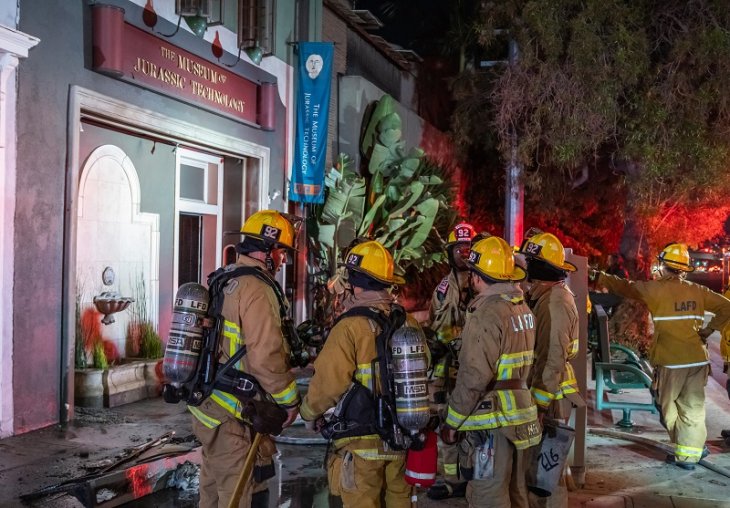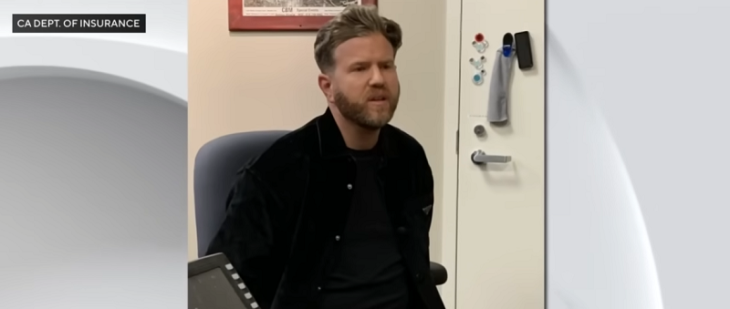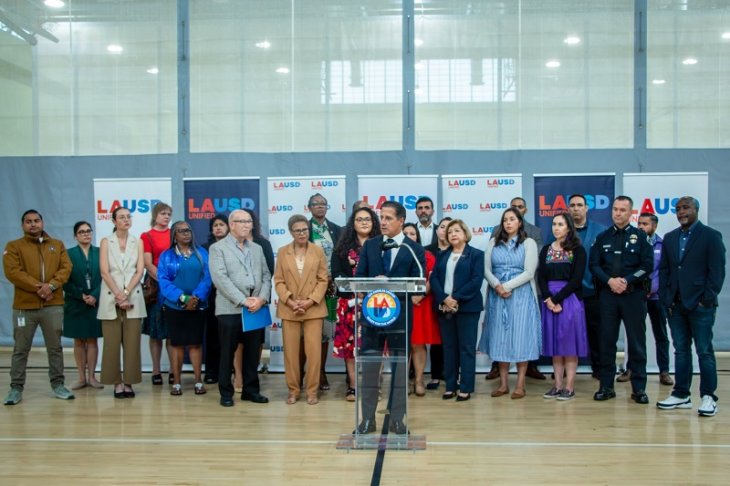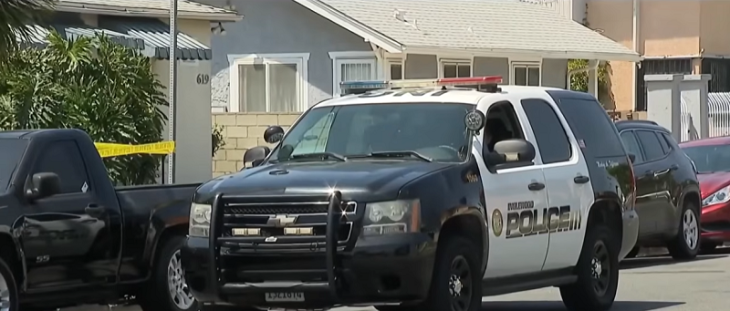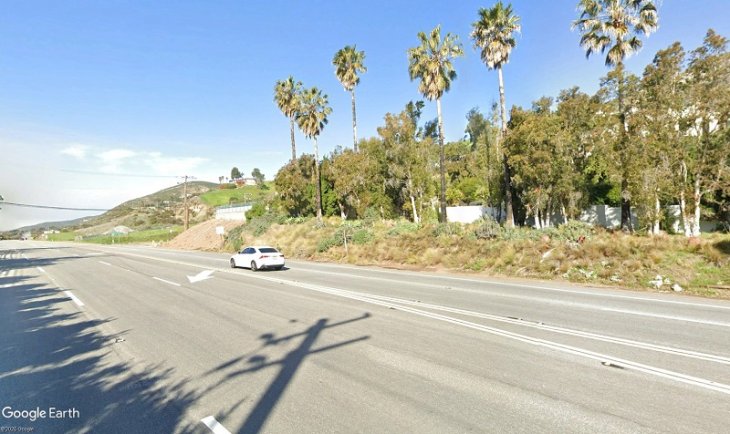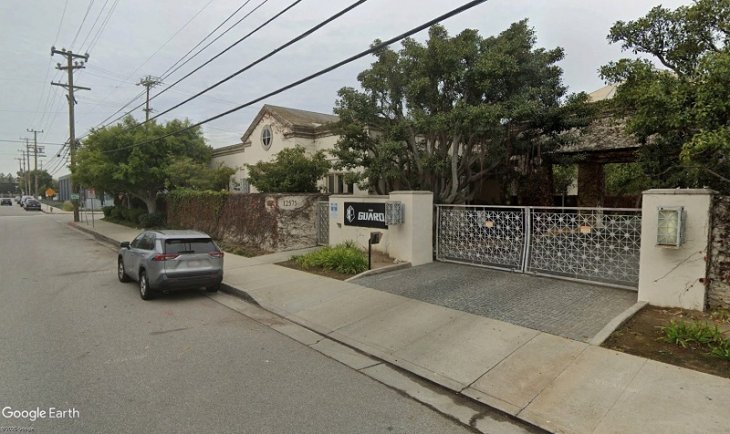
A judge says a reality television producer can move forward with most of the claims in her lawsuit alleging the production company of Ashton Kutcher pushed her out of a show she pitched about the Dept. of Motor Vehicles, it was reported June 6.
Los Angeles Superior Court Judge Joseph Kalin denied motions by attorneys for Kutcher’s Katalyst Media, Inc., and Creative Artists Agency (CAA) to dismiss the majority of Hedda Muskat’s allegations, which include breach of oral contract, fraud and negligence. He heard arguments Wednesday, and then took the case under submission before ruling later in the day.
Muskat alleges CAA failed to protect her interests.
The judge did dismiss Muskat’s claim against CAA that the agency aided Katalyst in putting its interests ahead of hers. He also dismissed Muskat’s company, Big Cheese Media, as a plaintiff, ruling she did not have standing to bring suit on the entity’s behalf.
Muskat is now the sole member of Big Cheese after her partnership with another party ended, according to her attorney, Daniel Lifschitz.
Muskat sued Katalyst and CAA last Sept. 20. Her allegations against Katalyst include breach of oral contract and that the company put its interests ahead of hers.
In their court papers seeking dismissal of all claims, Katalyst attorneys state that Muskat’s claims are vague and that her breach of oral contract claim was not filed on time.
She alleges CAA, which represented both her and Katalyst, should have assisted her when she complained that Katalyst was allegedly limiting her role in the project.
CAA attorney Jennifer Laser said during Wednesday’s hearing there were no details in the complaint demonstrating how her client helped Katalyst put its interests ahead of the plaintiff.
The suit alleges Muskat came up with the idea to create a reality series that focused on the operations of the DMV and the people who work there.
The suit further states that Muskat knew DMV officials were reluctant to consider entertainment industry pitches for television programs involving the agency, so she put a large effort into cultivating a relationship with them from late 2009 through early 2010 to pitch the project.
Muskat proposed the project to CAA in February 2010 and the agency recommended she enlist Katalyst to co-produce the project, according to the lawsuit.
Muskat alleges CAA scheduled a meeting to present the idea to Katalyst at a time the agency knew she would be out of the country, even though she had asked to be present at all such meetings. She says CAA insisted the meeting had to take place then at the time and so she reluctantly agreed.
In March 2010, Katalyst told Muskat the show was sold to TruTV even though she had been told other networks were interested, the suit states. TruTV then gave money to Katalyst to hire a staff, but Muskat was unaware of the development and continued to work without pay, the suit states.
In May 2010, Katalyst co-owner Jason Goldberg verbally promised Muskat that she would remain in control of production and a month later the DMV agreed to the project, the suit states. However, the agency later pulled out of the project, the suit states.
Last year, Katalyst and the DMV settled a lawsuit the company brought alleging the state agency owed $1.44 million for backing out of the agreement to do the show.
Muskat’s credits include work on America’s Got Talent, A Current Affair, and The Ellen DeGeneres Show, according to the Internet Movie Database (IMDb).



